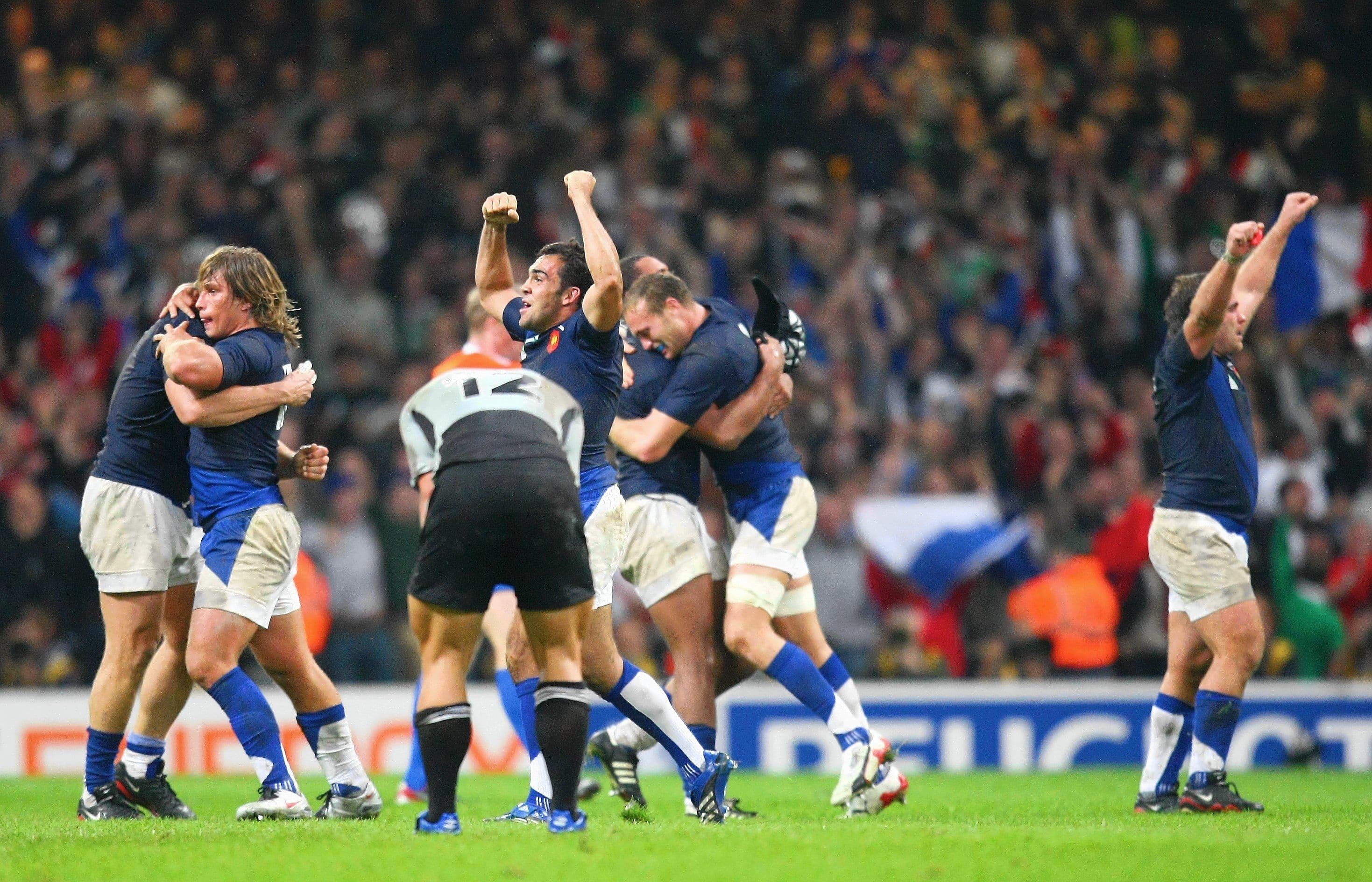Rugby
How long is extra time in rugby?
How long is extra time in a rugby match? Find out when and where extra time is applicable and how long it lasts in both domestic and international rugby matches.

Image Credits: liewig christian/Corbis via Getty Images



First and foremost, World Rugby sets the parameters of a rugby match at 80 minutes long. This is split into two halves of 40 minutes, separated by a 15-minute interval. Once the ball goes dead after the 80 minutes have expired, the game is ended.
In some instances, such as knockout games in tournaments such as the Rugby World Cup, The Investec Champions Cup and the Currie Cup, if the game is a draw at the end of regulation time, 20 extra minutes are played after a brief stop. This extra time is split into two halves of 10 minutes.
Some of Rugby’s Biggest Moments in Extra Time
South Africa’s Historic 1995 Win
It is truly a story which became bigger than sports and united a nation. South Africa claimed their first Rugby World Cup title in 1995. The match was reported as tense, with unyielding physicality on display almost from the first minute.
After 80 minutes of brutal rugby came to a close, the scores were tied at 9-9 and extra time beckoned. South Africa found themselves on the brink of history, but it was Joel Stransky who made this a reality, with virtually no extra time remaining, Stranksy secured a famous 15-12 victory for the Springboks with a perfectly executed drop goal attempt.
…and as you know…the rest is history.
You might also enjoy: Top 10 Rugby World Cup Try Scorers
Johnny Wilkinson, RWC 2003
Johnny Wilkinson will forever be remembered as ‘the man who drops for Rugby World Cup glory.” On a tense evening in Sydney, the Webb Ellis is on the line and thanks to Flatley converting to make the score 14 a piece, the World Cup final was headed for an extra 20 minutes of action.
It was England who opened the scoring during extra time, where Wilkinson slotted a penalty. However, with less than three minutes remaining on the clock, Australia were awarded another penalty which Flatley sent through the sticks successfully.
And then history beckoned, up steps Johnny Wilkinson, and with 20 seconds left before the end of extra time, Wilkinson scores a drop goal attempt to win the match, send England into ecstasy and claim the Webb Ellis Cup for his team and country.
Sharks Extra Time Double
The sharks were reduced to 12 men in the Currie Cup semi-final against the Bulls at Loftus. After double World Cup winning Springbok (Trevor Nyakane) scored what became the all-important try for the men from Durban – the Sharks managed to secure a place in the final of the 2024 edition of the Currie Cup.
Fast forward a week, and it is the Currie Cup final (South Africa’s oldest domestic competition). The Lions host the Sharks at Ellis Park, the home side were leading 14-13 after the hooter but it was Jordan Hendrikse who stepped up to slot the penalty under intolerable pressure.
What if it’s still a draw?
In certain club competitions, if the match is still tied at the end of extra time, the team which scored the most tries in the game will be declared the winner. However, on the international stage, and in particular the Rugby World Cup, if there is still no winner after extra time, the teams go to sudden death.
That is to say whoever scores first in this period will win the match.
If teams are still unable to be separated – especially in the Rugby World Cup knockout games – a winner is chosen after a kicking competition.

Ryan Liberty is an experienced sports writer whose articles have featured in some of the biggest sports publications in South Africa. With a strong understanding of all major sports and an in-depth understanding of betting, Ryan consistently delivers insightful content. He's also known for his ability to break down complex topics into engaging, reader-friendly pieces.